Knowledge Areas in Project Management & Quality Management Standards
VerifiedAdded on 2023/06/08
|9
|610
|174
Report
AI Summary
This report delves into the ten knowledge areas of project management as defined by PMI, emphasizing the skills a project manager needs for effective project execution. It highlights the importance of each knowledge area, from integration and scope management to risk and stakeholder management, for organizational growth and project success. The report also discusses the quality management plan, which sets quality acceptance levels and defines work processes to achieve predefined quality standards. It underscores the importance of training schemas to synchronize teams, address knowledge gaps, and resolve conflicts, particularly when managing global teams. Furthermore, the report addresses the need for cultural awareness and legal considerations to ensure adequate standards and controls in global project management, referencing various sources to support its claims.
1 out of 9
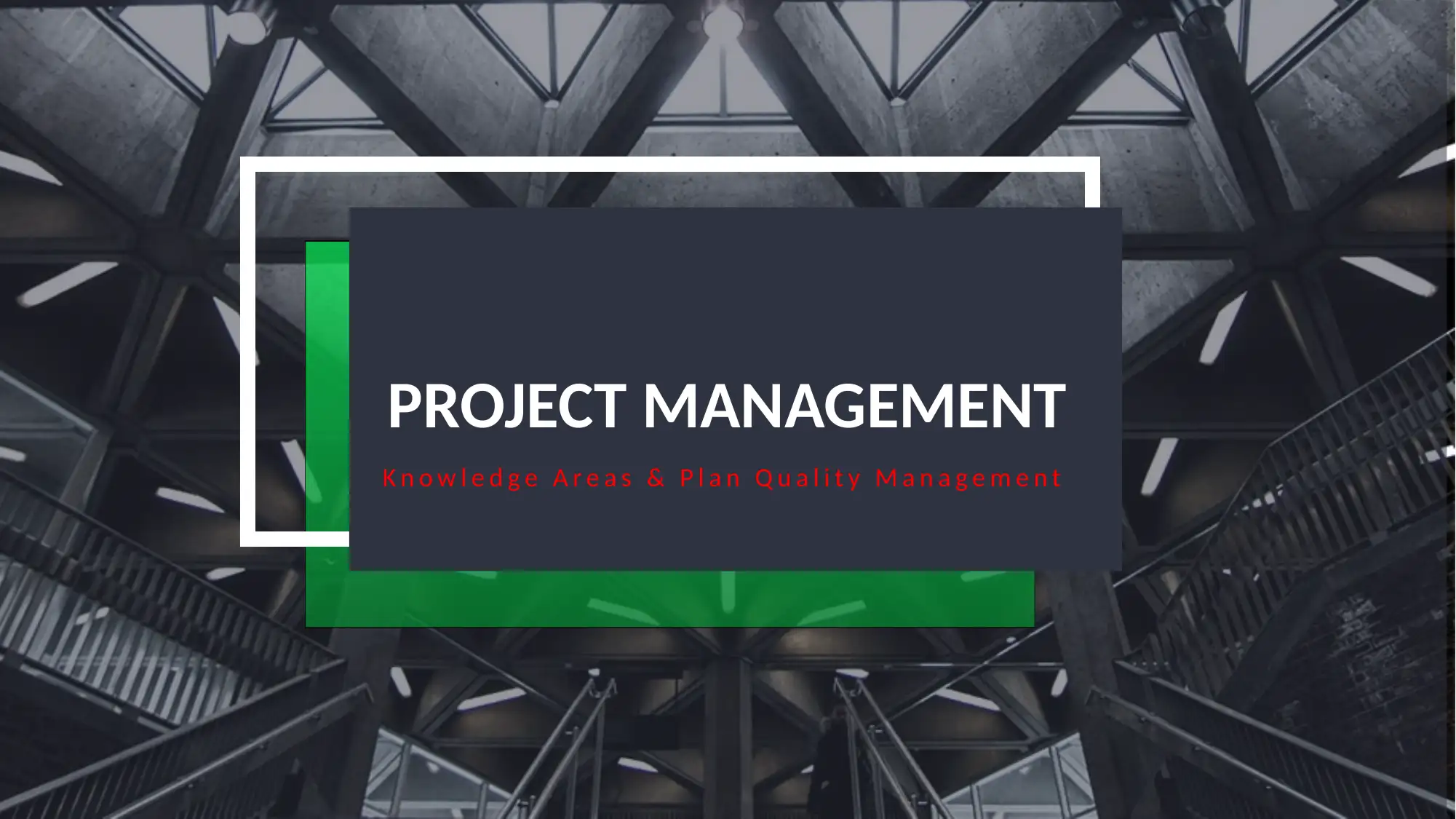
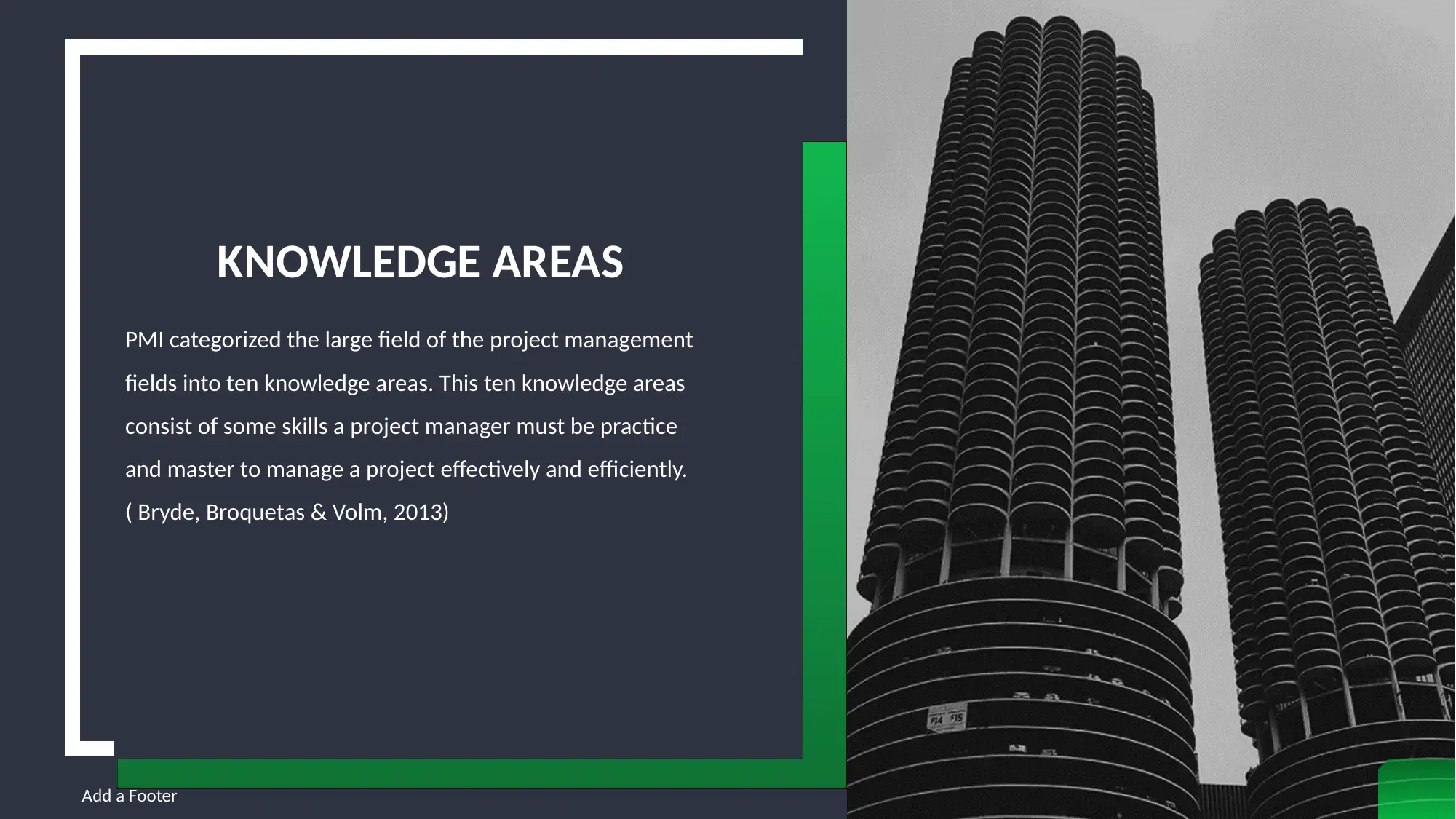
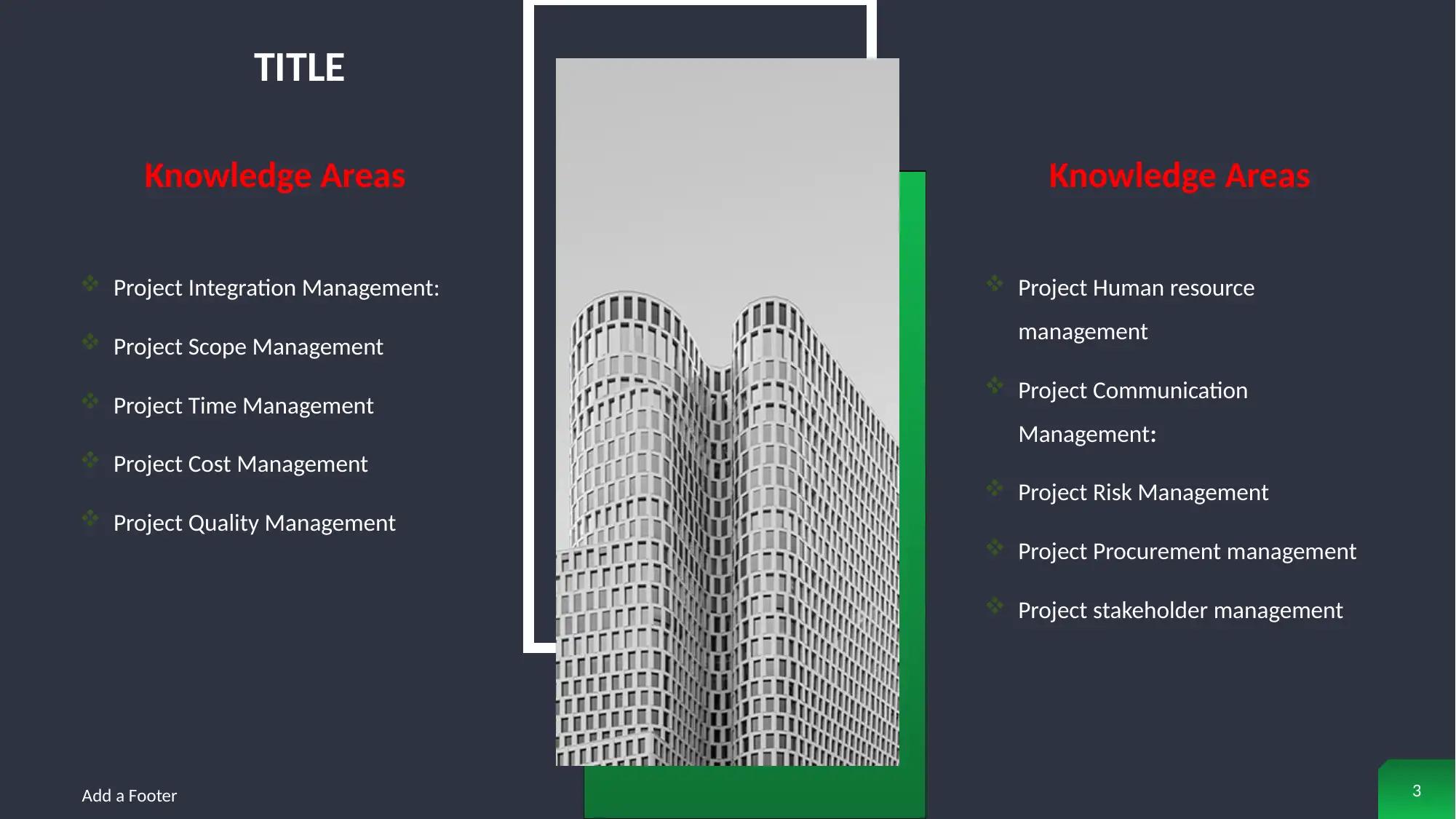

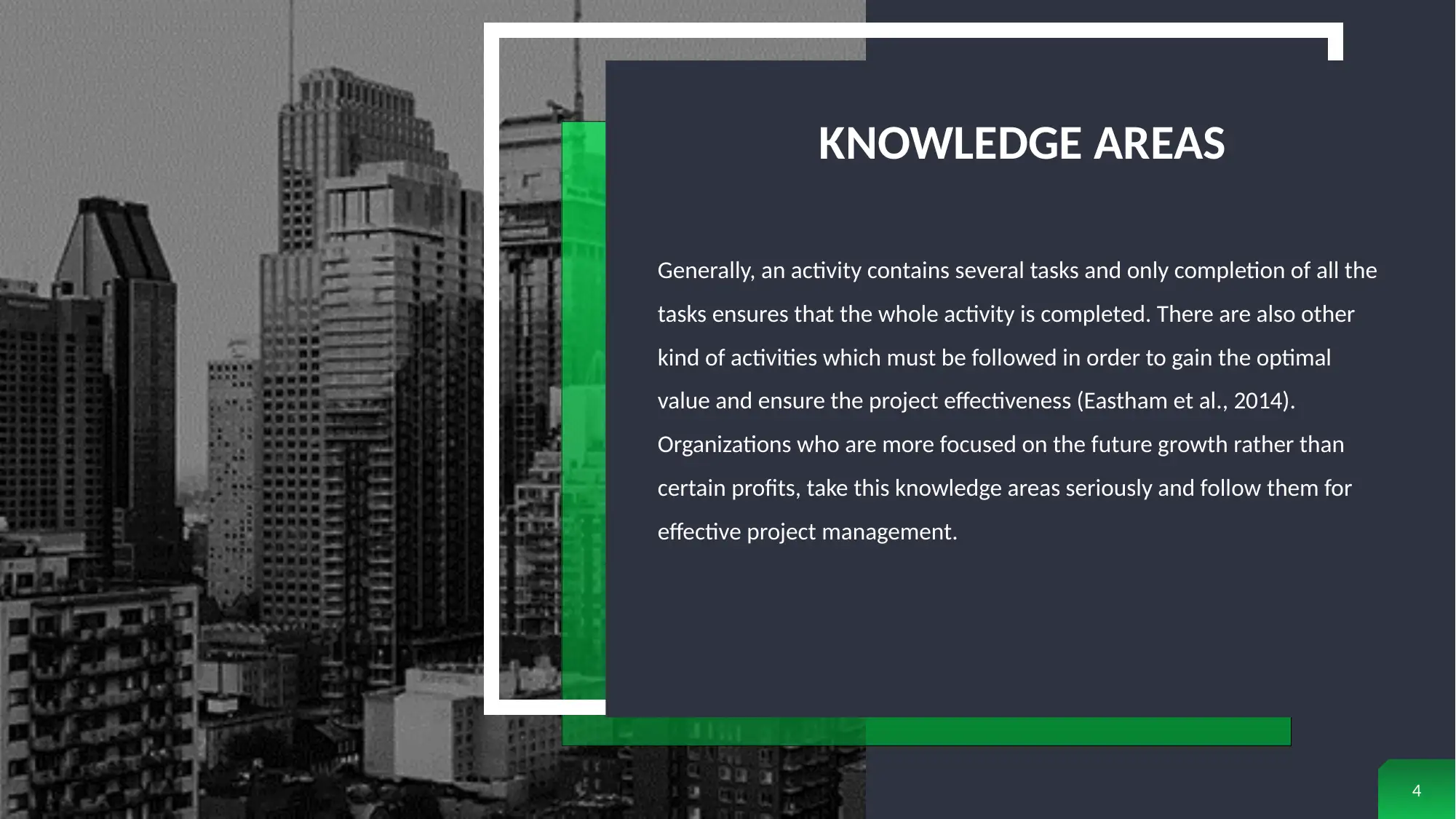
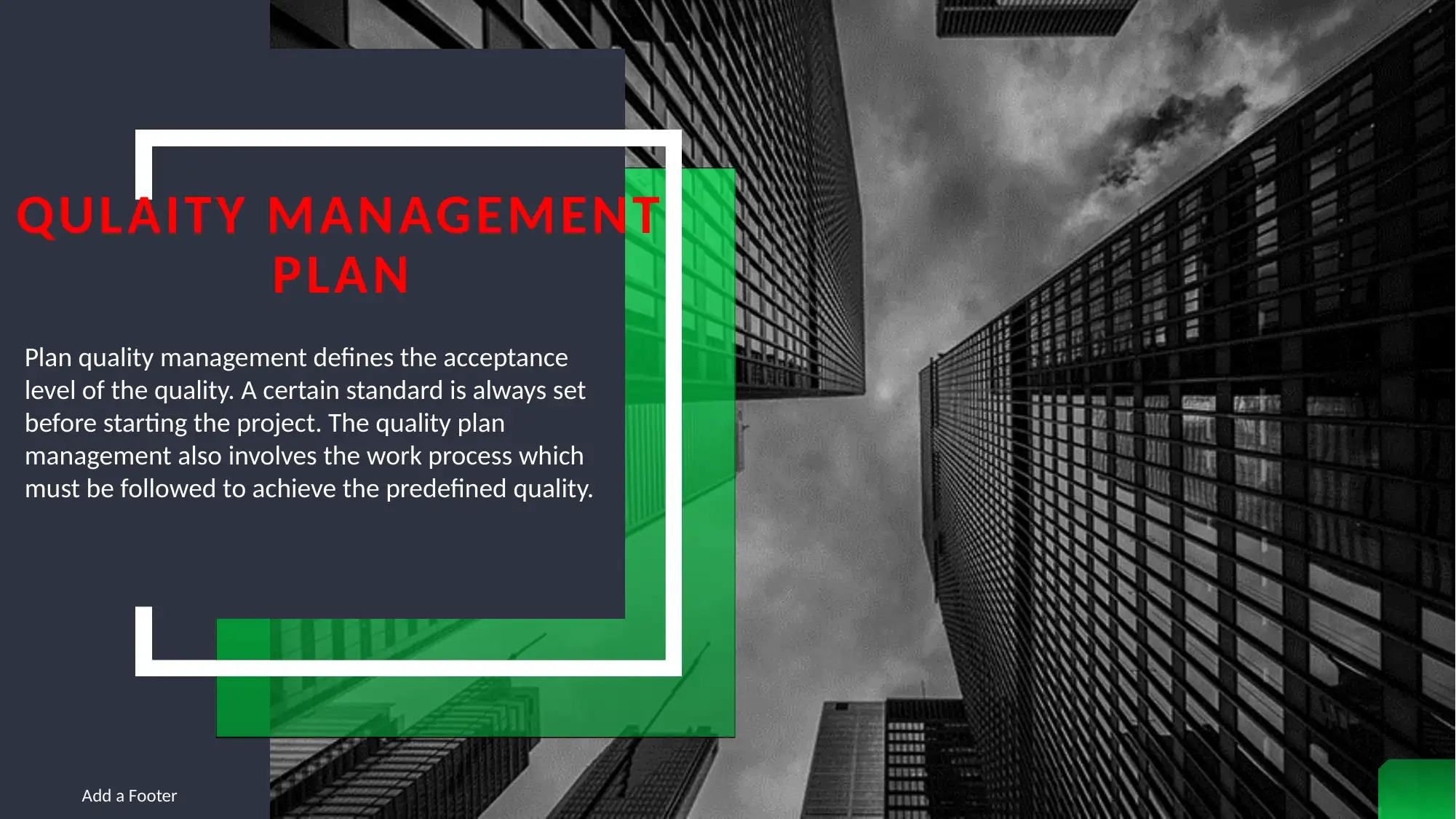
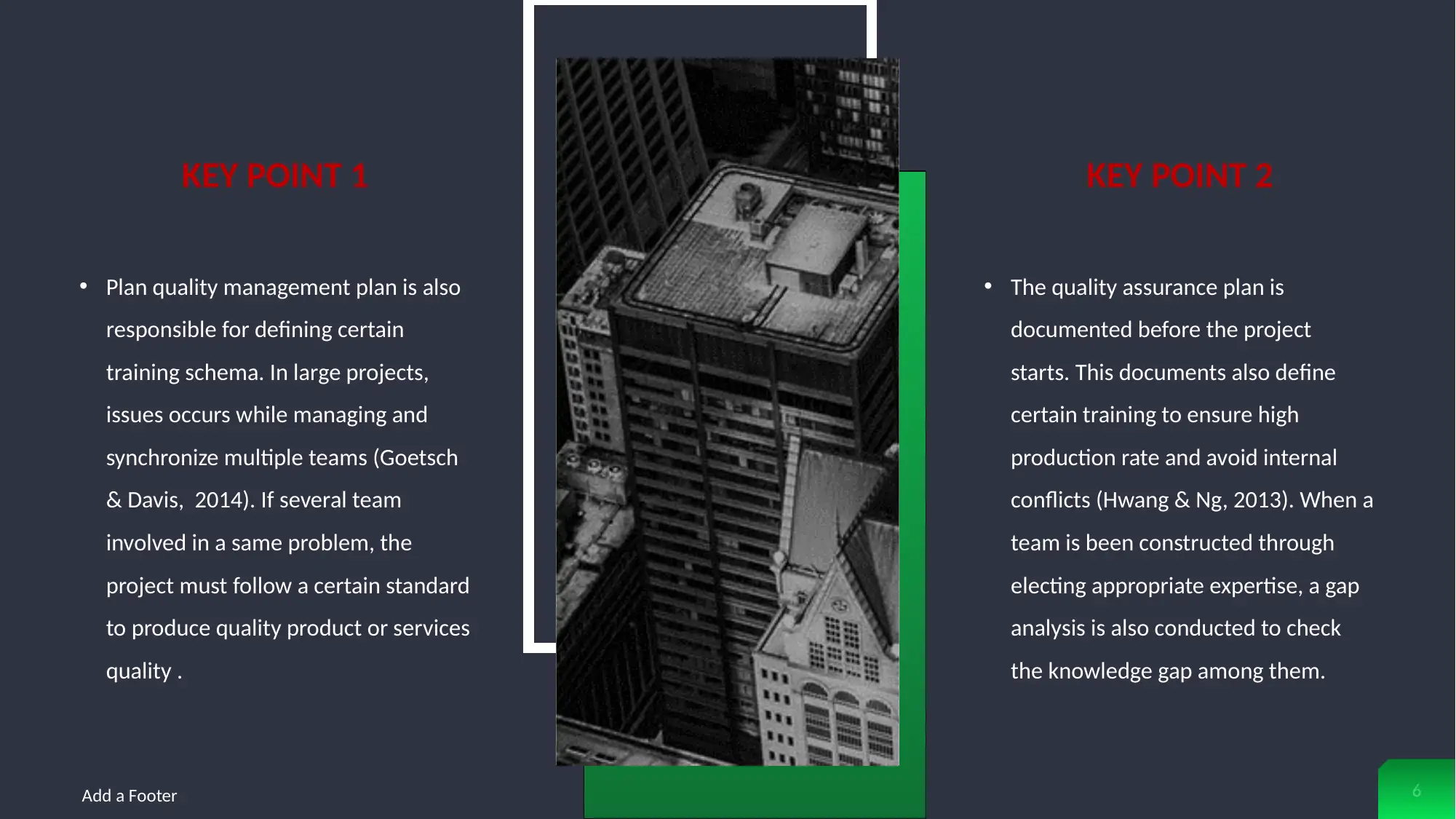
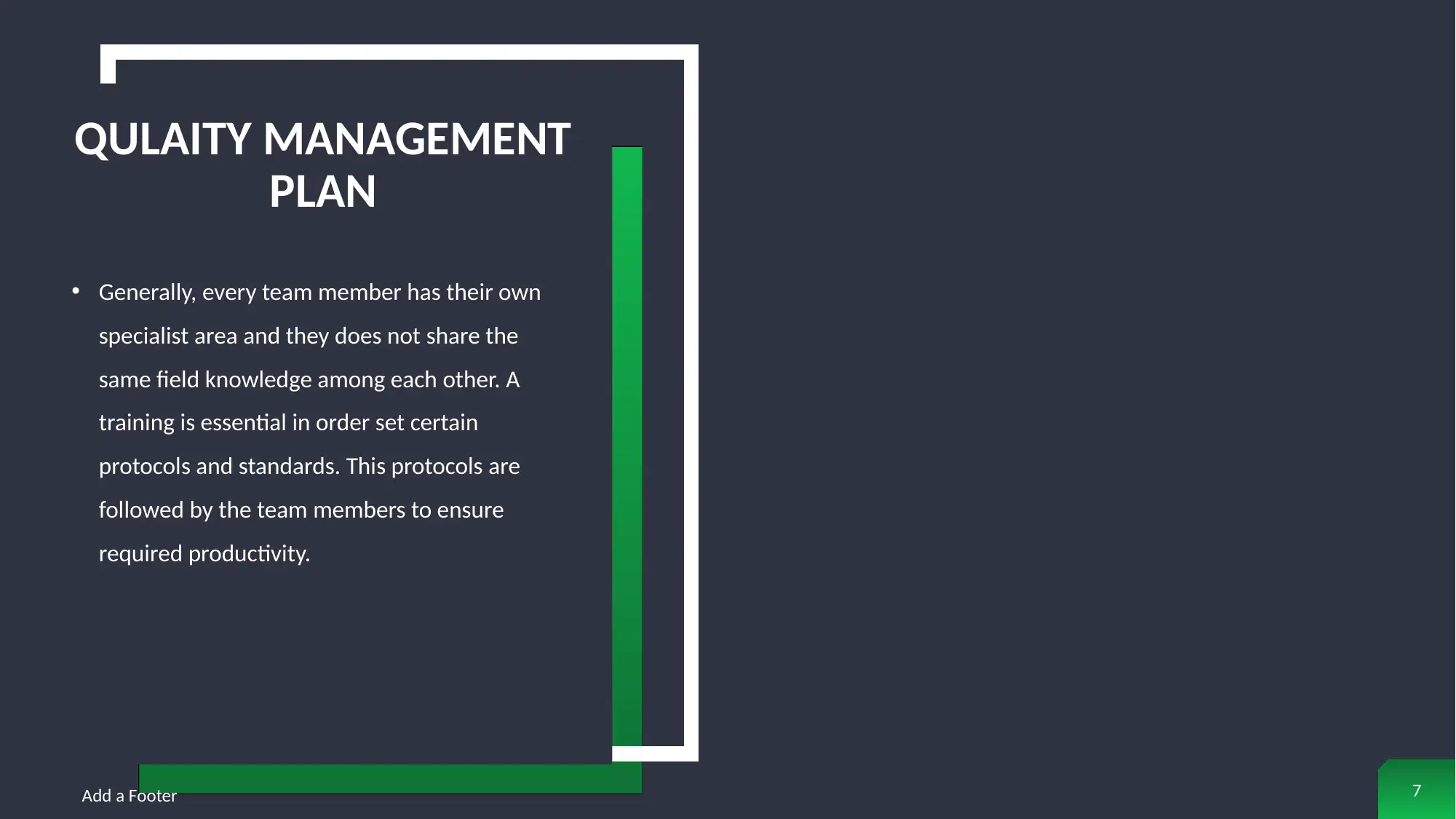
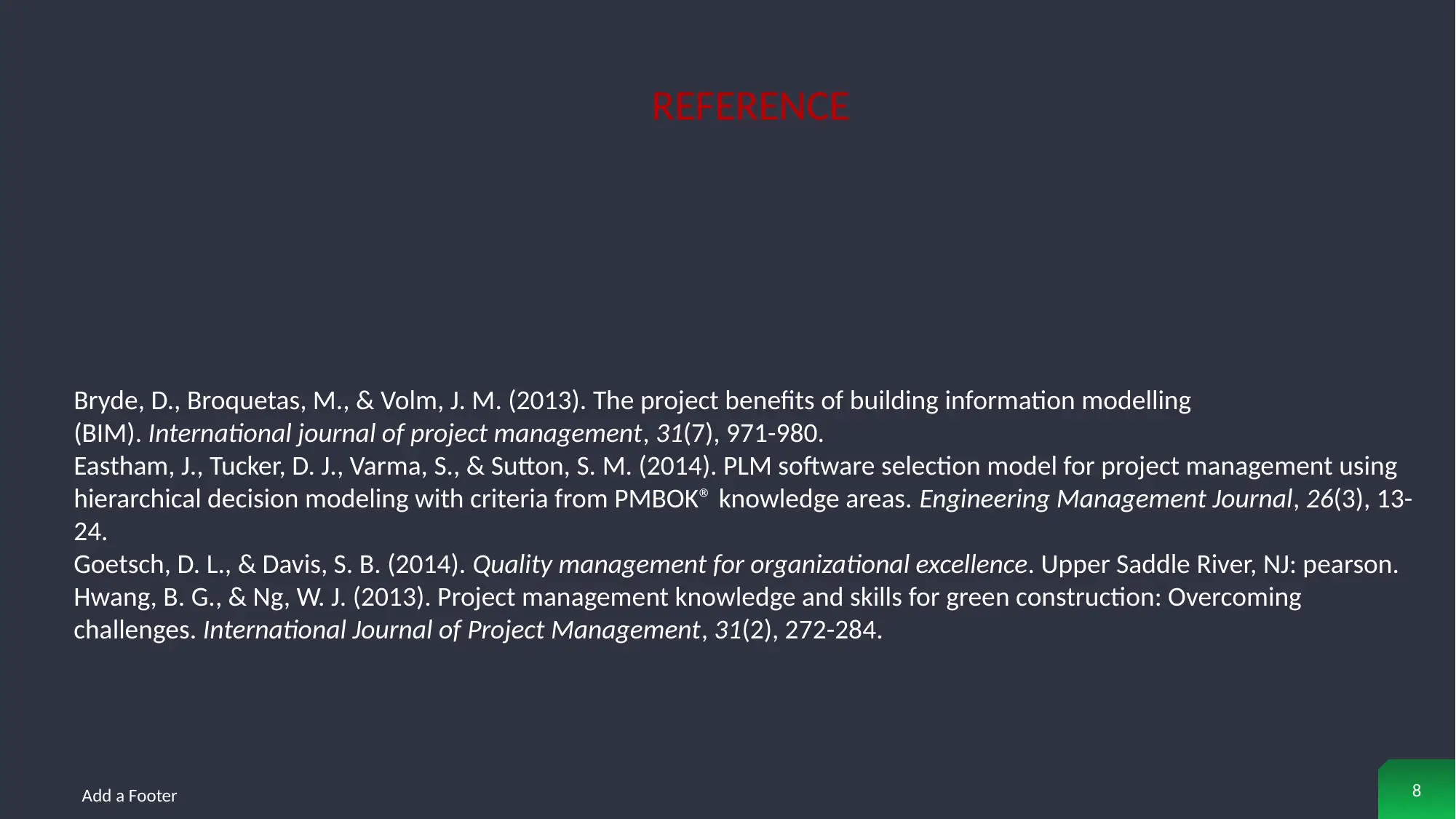





![[object Object]](/_next/static/media/star-bottom.7253800d.svg)